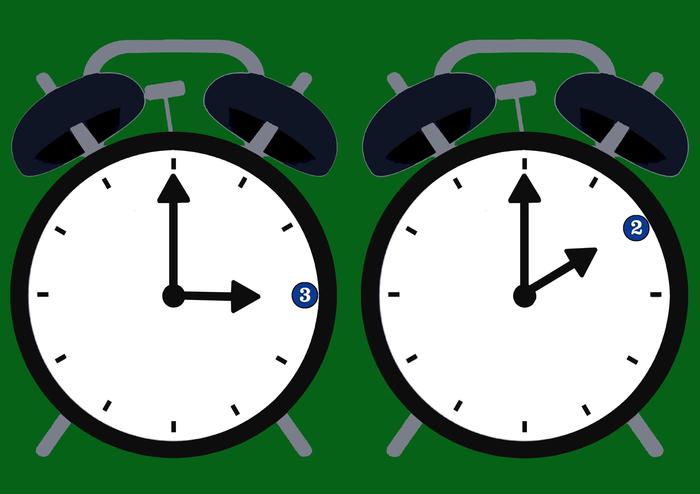Solar time returns at 3 am on Sunday 25 October after seven months
.
In this period of summer time, Italy has saved a total of 400 million kilowatt hours of electricity, equal to the average annual consumption of about 150 thousand families, with an economic benefit for the system of 66 million euros.
The data is collected by Terna, the company that manages the national electricity grid.
Positive impacts also in terms of environmental sustainability, with 205 thousand less tons of CO2 released into the atmosphere.
The economic savings are calculated considering the fact that this year, during the summer time period, the cost of the average kilowatt hour for the typical domestic customer in protection (according to the ARERA data) was approximately 16.5 euro cents per before tax.
From 2004 to 2020, according to Terna's analysis, the lower electricity consumption for the country due to summer time was a total of about 10 billion kilowatt hours and led, in economic terms, to savings for citizens of 1 billion and 720 million euros.
Daylight saving time will be effective again from March 28, 2021
.
As usual, in April and October, as usual, the greatest savings in electricity were recorded (although in April this was lower than the average values of previous years due to the contraction in consumption linked to the emergency COVID-19).
This is due to the fact that these two months have "shorter" days in terms of natural light, compared to the months of the entire period.
Moving the hands forward by an hour, therefore, delays the use of artificial light at a time when work activities are still in full swing.
In the summer months such as July and August, however, since the days are already longer, the "delay" effect in switching on the light bulbs is placed in the evening hours, when the work activities are mostly finished, and results in less evident in terms of electricity savings.

